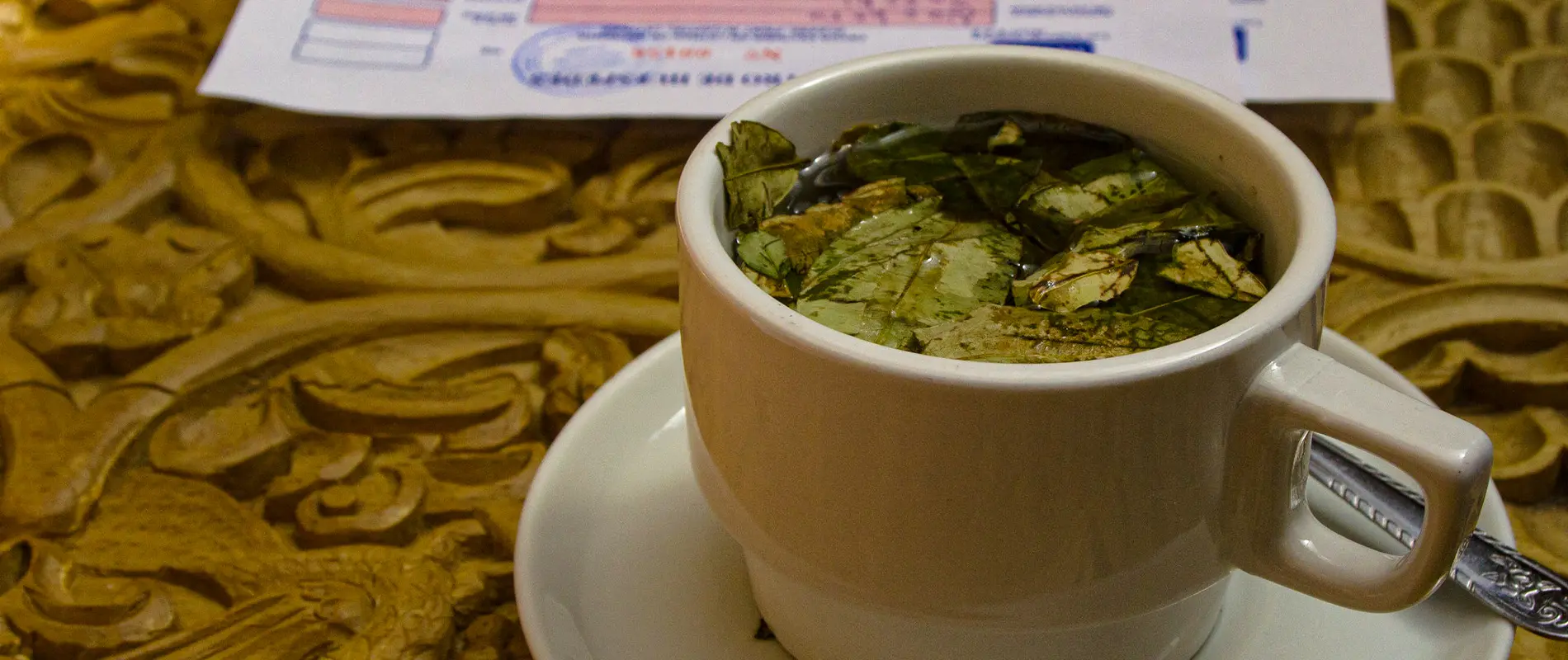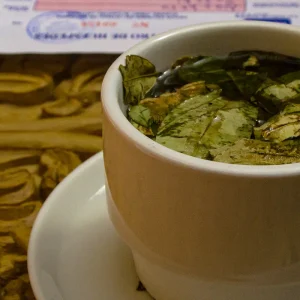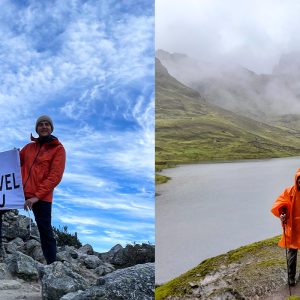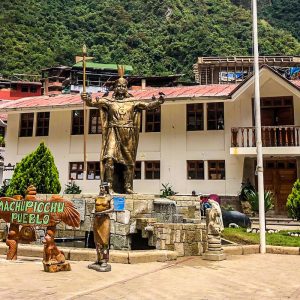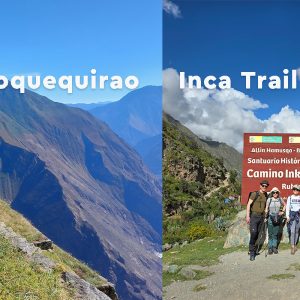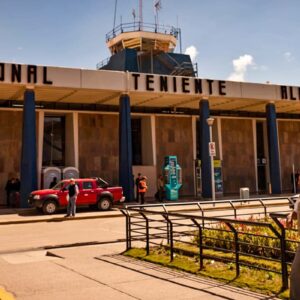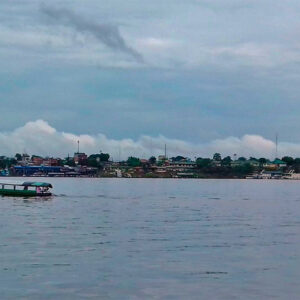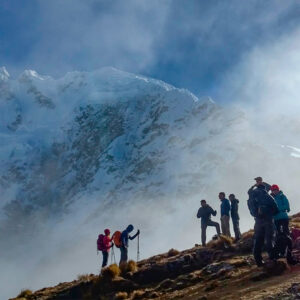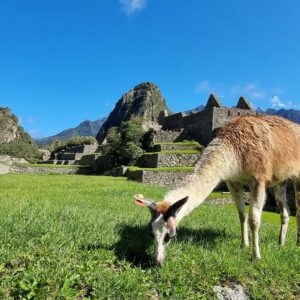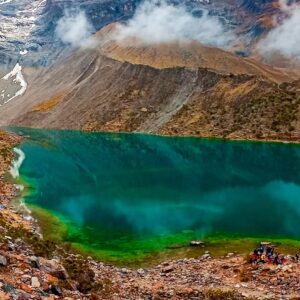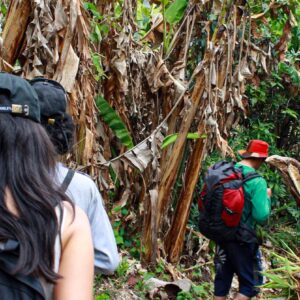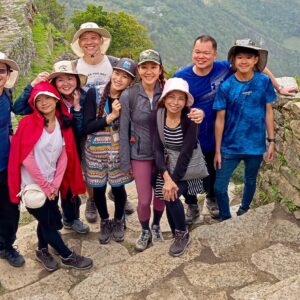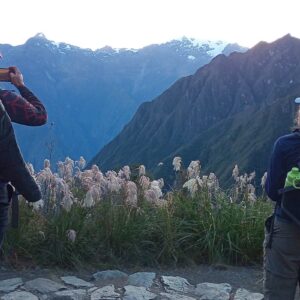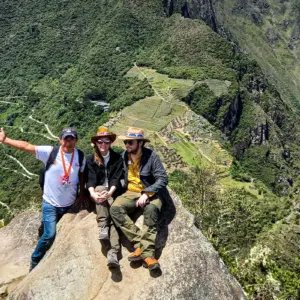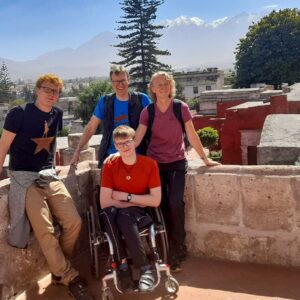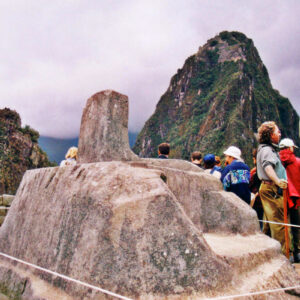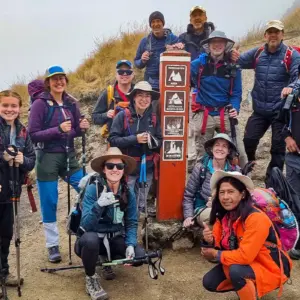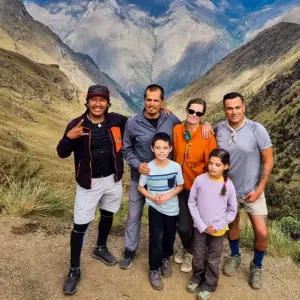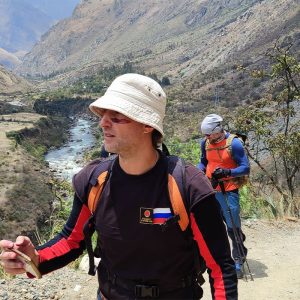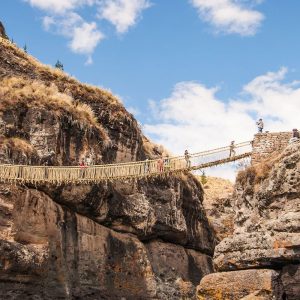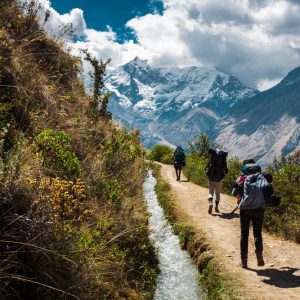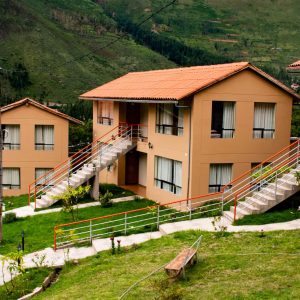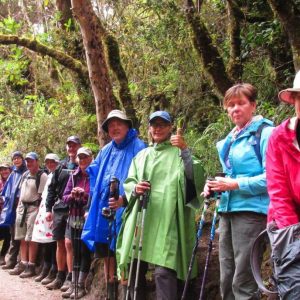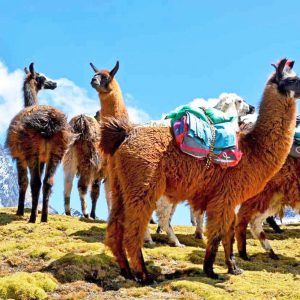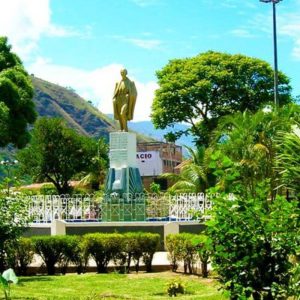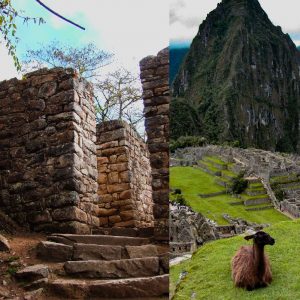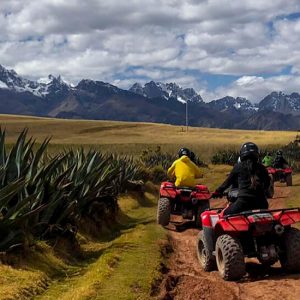Traveling to high altitudes and the health issues that it brings may not be a priority for some, but you will need to be aware of the risks and take precautions to prevent altitude.
Altitude sickness is no laughing matter. Many arrive into Cusco and are perfectly fine, enjoy their trip and never think any more about it. Others feel the effects on arrival. But whether you are affected by the altitude or not there are many precautions that you can take to lessen or even elevate altitude sickness.
Coming from sea level to a high-altitude city like Cusco will be a shock to your body. Here are some ways to help avoid altitude sickness when arriving in Cusco.
How to reduce the effects of Altitude Sickness
- Drink a lot of water, you need to hydrate, dehydration reduces your ability to acclimate. It is important to drink at least 2 to 3 liters of water until you acclimate.
- It is important not to drink any alcohol for the first 48 hours at altitude. Alcohol is a depressant and will cause dehydration.
- Avoid caffeine and caffeinated products, energy drinks and sodas will not help you acclimatize.
- Rest is an important way to combat altitude sickness, so you need plenty. Travel can affect your sleep and can cause you to be tired and dehydrated which is a contributing factor to altitude sickness. Before you start any activities plan a day or two of rest. This is important before you start to exploring.
- Eating a proper diet is important. Studies have shown that there are certain kinds of foods you can eat to get ready for your trip to help prevent altitude sickness. Carbohydrates are said to have positive affects on altitude sickness, so you may want to include those in your diet before traveling to altitude and when you arrive.
- Excess salt should be avoided, too much salt will cause dehydration in the body’s tissues. Always look for meals with no added salt.
- Physical endurance and conditioning may appear to be a good idea. Studies have shown there is no evidence that physical fitness protect against altitude sickness.
What causes Altitude Sickness?
The pressure in the air drops at higher elevations. There is less oxygen in the air. If you climb too quickly you will be forced to breathe more rapidly and this will cause dizziness, headache feeling like you have a hangover.
Who is at risk?
Altitude sickness can affect anyone, there are some factors that will put you at risk, some of these include
- If you normally live at lower elevations and you travel to high elevations you will be at risk.
- If you fly from low elevation to high elevation quickly you may be affected.
- Studies have shown that young people are more likely to experience altitude sickness. Older people are more likely to experience severe symptoms because of their age and existing medical conditions. It is surprising that having diabetes or asthma doesn’t automatically make you have issues at high altitudes.
Things to watch out for
The following are symptoms that most feel when arriving at altitude and chances are they will be mild
- Fatigue
- Headache
- Nausea
- Shortness of breath
- Problems sleeping
Typically, you will experience these symptoms within a few hours arriving at high altitude. These usually go away after your body acclimates to the high altitude.
If the symptoms are not going away
In very rare cases, some are unable to acclimate to the altitude. In these cases, symptoms can be more severe and may cause complications causing you to seek medical attention. Be on the look out for the following and seek medical attention urgently.
- Loss of coordination or trouble walking
- Severe headache that doesn’t improve with OTC medications.
- Tightness or congestion in your chest
- Cough sometimes with a pink frothy substance
- Vomiting
If you are having severe symptoms, it is a good idea to go to a lower altitude, wait a few days to resume your tour at lower altitude. This should help relieve the symptoms.
If you plan to travel to high altitude areas, talk to your doctor for some advice before you go. If you have been to high altitudes in the past and you had problems you may need some medication. People with chronic medical problems such as lung or heart disease will need to talk to their care provider and get their opinion on traveling the high-altitude areas.
Foods that help to Prevent Altitude Sickness
Complex Carbohydrates
- Brown Rice
- Cereal
- Fruit
- Milk
- Potatoes
- Whole Grain Pasta
- Whole Wheat Bread
Foods Rich in Iron
- Eggs
- Lentils
- Quinoa Beans
- Soy products such as edamame and tofu
- Spinach
Liquids
- Soups
- Sport drinks
- Water
Foods to avoid to prevent altitude sickness
High Protein Foods, these take more oxygen to process, keep these foods to a minimum when you are acclimating to high altitude.
- Beef and pork
- Chicken and turkey
- Fish
Caffeine
- Chocolate
- Coffee
- Tea
Alcohol
- Avoid all alcohol when adjusting to higher altitude. It will dehydrate you.
Processed Foods and High Sodium Foods
- Canned soups
- Deli meat
- Frozen meals
- Hot dogs
- Packaged foods such as crackers, cookies, chips etc.
- Pepperoni, salami and other cured meats
Whatever time of year you travel to Peru and the highlands, be aware of altitude sickness, this can spoil what would have been the trip of a lifetime. Take your precautions talk to your doctor, but above all enjoy your wonderful adventure to Peru and see all the magical sites left behind by the Inca for your enjoyment.

